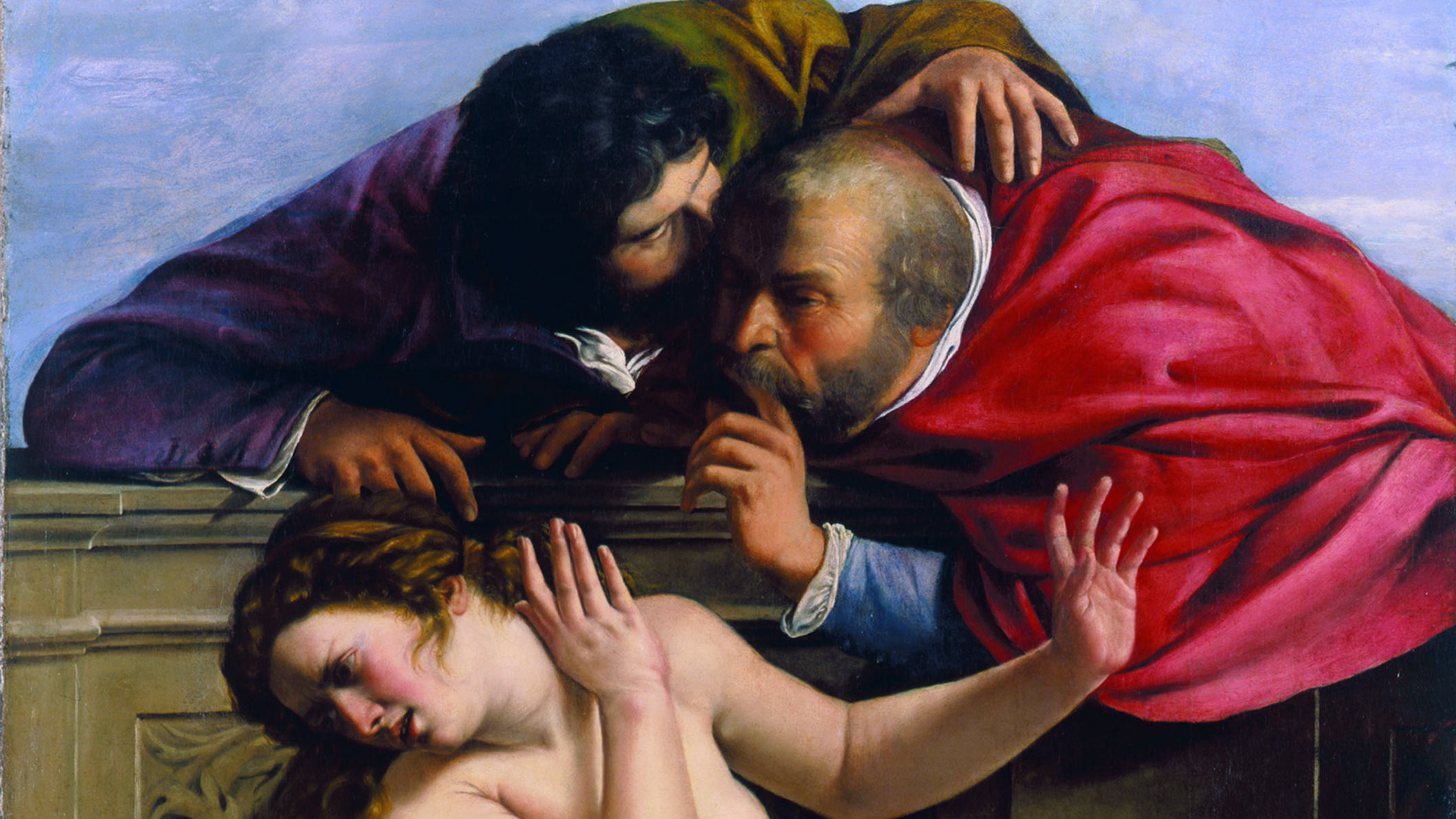I want to say it begins with the boy in the baseball cap, one hand plunged deep into the pocket of his jeans, the other holding out a bottle, offering a drink. His cheeks glow red, lit by the booze and the midnight air. It is February and we are standing in an empty parking lot beside the highway. He offers the bottle again, says, It’ll keep you warm, his breath making a cloud around his face. Where have I told my parents I will be? I am only fourteen and he is a few years older than me. Tall, like a man, I think. What do I know? He is on the basketball team, over six feet tall. His mustache and chest hair appear in earnest patches. He takes a drag of his cigarette, blows the smoke over one shoulder. He doesn’t take his eyes off me. What does he see? I lift the bottle to my lips, tip it back, and drink.
In the morning, my thighs are purpled with bruises from his sharp pelvic bones, a rust-colored stain on the sheet beneath me. My arm is sore at the shoulder, my lips swollen, full and smashed-looking in the mirror. I bend over the toilet while the night returns to me in heaves and waves: our lips meet once, and then again, and then he is clawing and desperate. I want to move away from his kiss, from what is approaching and unstoppable, and let a no fall from my mouth—then a string of them dripping like pearls. Afterward he dresses and slips out the door. The bile in my stomach surges, acid and cinnamon and sweet.
I am only fourteen, and I do not yet know there is a word for this. I know the word—spoken as a warning, as a threat, a premonitory curse—but it conjures only the image of a woman crying out, a man emerging from the shadows to pin her arms and spread her legs. Maybe there’s a detective fishing for a notebook, a policeman with a pair of handcuffs, a mother cursing the man and blaming herself. The word does not conjure a kiss that tastes like smoke and cinnamon and mentholated lip balm, so instead I call him my boyfriend, though it isn’t because he walks me home after school, or because he calls after my parents go to bed. A girl in my homeroom hears what has happened and she explains the word back to me. “Slut,” she calls me. “Liar.” “Whore.”
I believe her, and so does the boy on the bottom bunk of his college dorm room, the boy on the golf course, the boy who corners me at the dance club, the boy at the party, the boy in the back of the car, the man who forgot a condom, the man on the motorcycle with tattoos for eyebrows, the man who tried to kill me, the man I married and then divorced. Their wet mouths form a chorus of unstoppable kisses.
I want to say it begins with the boy, that first boy, who kissed and kept on kissing until my body was not my own. How I got it back is another story. As for him, I heard that boy never stopped kissing, not even when he put the barrel of a shotgun in his mouth, pursed his lips, and pulled the trigger.
The Kiss is a bimonthly series curated by Brian Turner.
The Kiss: Intimacies from Writers is available from Norton in February 2018.

